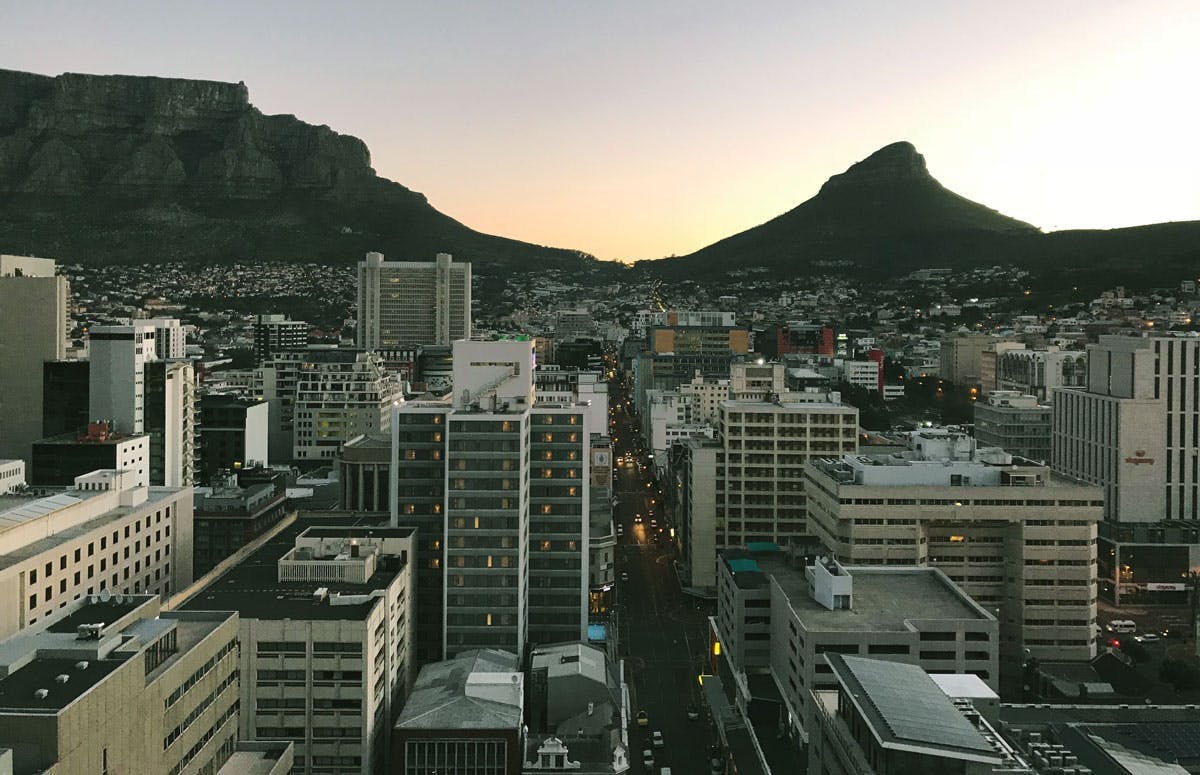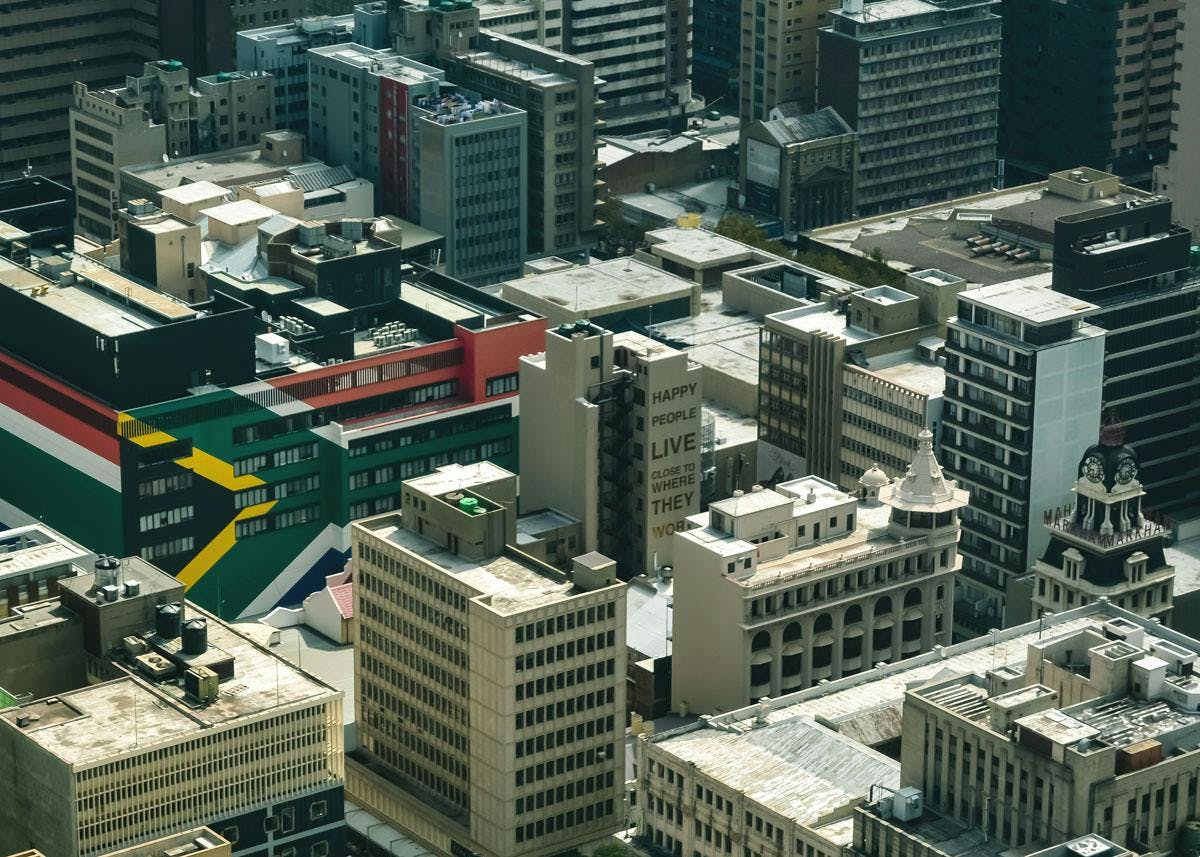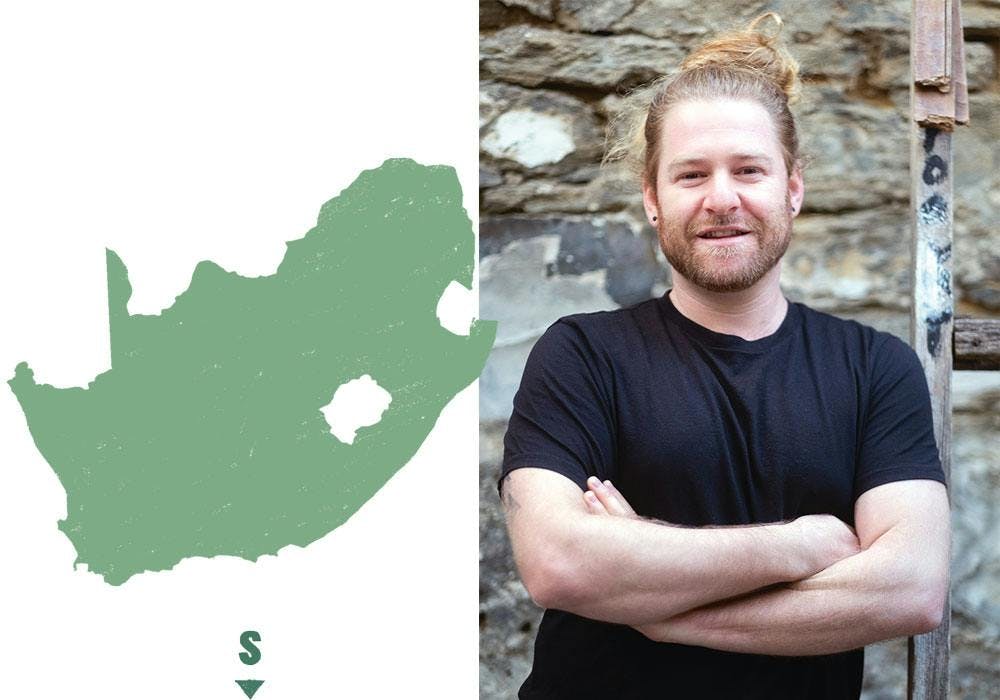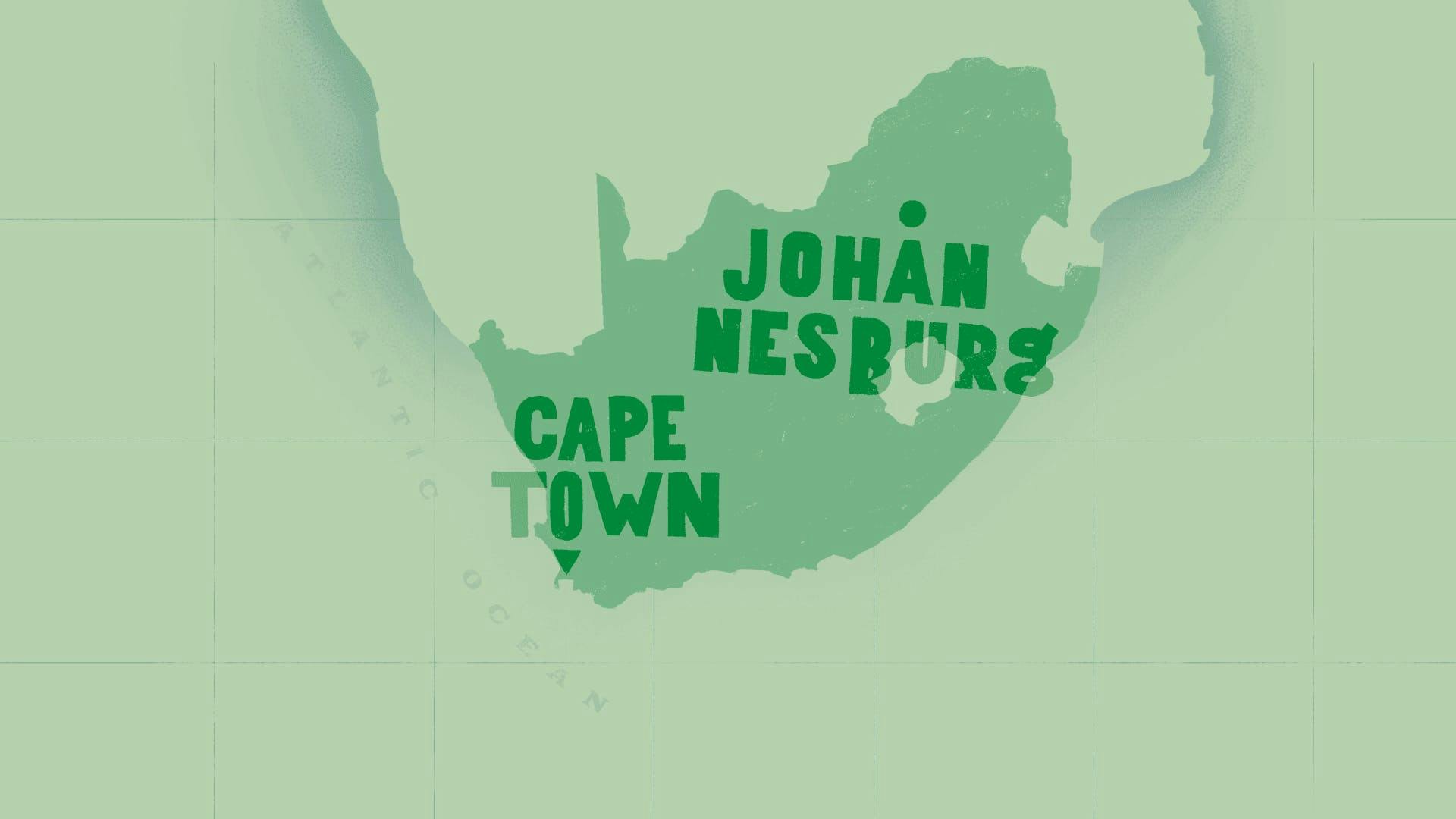"Unexplored markets and ample opportunity": Cape Town and Johannesburg’s burgeoning startup scenes
f you’re eyeing Cape Town or Joburg as your entrepreneurial destination, there are a few essentials you need to know. We chatted to several locals about the challenges and rewards of starting up in South Africa.

“South Africa’s startup scene has boomed in the last five to ten years,” says Lethabo Motsoaledi, South African native and cofounder of customer discovery platform Voyc. “Cape Town and Johannesburg have made a name for themselves in being inviting, international spaces for entrepreneurs.”
Surrounded by mountains and glorious coastline, Cape Town is a popular tourist destination known for its cultural treasures and lively gastronomy. It’s also home to 60 percent of South Africa’s startups and the most popular and well-developed tech sector in the country.
In recent years, a reel of startup success stories has shone a spotlight on the Western Cape: Mobile payment app Snapscan’s sale to Standard Bank in 2015 and online learning platform Get Smarter’s S$103 million exit in 2018 proved the global competitiveness of the city’s startup scene.
Over in Johannesburg, otherwise known as “Jozi” or “Joburg,” is South Africa’s business capital. With a high population of corporates increasingly collaborating with startups, locals say that Joburg is the best place for entrepreneurs with an inherent hustle.
In the run-up to the launches of our Cape Town and Johannesburg books – our first guides focused on the continent of Africa – we give the inside scoop on what entrepreneurs can expect from these blossoming startup scenes.

3 Loop St, Cape Town, South Africa. Photo: Unsplash
A changing business landscape
“South Africa realizes that what we really need in this country is entrepreneurs,” says Eitan Stern, a practicing lawyer and founder of CapeTown-based law firm, Legalese. “While government policies have their issues, South Africa's aim is to try and make it easier for people to start a business.”
South Africa hasn’t always been the most friendly place to start a company. According to Lethabo, who grew up and studied in Cape Town, the country’s history of apartheid left a legacy of systemic exclusion and inequality. Age-old monopolies have also, up until now, governed the economy, making it difficult for small businesses to compete in the market.
“There are extreme differences between the economic classes and lifestyles of people in South Africa,” Lethabo says. “There are so many problems to solve across nearly every industry, which is why entrepreneurs here are incredibly creative.”
With the inauguration of President Ramaphosa in 2018, the government has begun to address these issues with initiatives designed to reduce red tape for founders, promote economic inclusion and open up the economy to new investment and innovation.
In February this year, Ramaphosa launched a $95 million fund to bolster the growth of small to medium-sized enterprises (SMEs) and stimulate the economy.
“SMEs create the jobs we need the most,” he said at the launch of the fund in Johannesburg in March. He added that a combination of funding, mentoring and incubation is the “right approach” to support South Africa’s fledgling businesses.
There are so many problems to solve across nearly every industry, which is why entrepreneurs in South Africa are incredibly creative.
For Tom Jackson, cofounder of startup news portal Disrupt Africa, the growing number of incubators and accelerators across the country has been instrumental in nurturing startup talent and “shaping the country’s startup ecosystems.”
According to Tom, Bandwidth Barn Woodstock a government-funded entity and Africa’s oldest tech incubator, was “really ahead of its time.”
Established in 2000, “Bandwidth Barn was the founder of the tech startup scene in Cape Town and it still plays a key role with its skills programs and sector-focused clusters in areas such as EdTech and fintech,” he says. “While other organizations are arguably having a bigger impact today, Bandwidth’s initial importance cannot be understated.”

Johannesburg City Centre. Photo: Unsplash
Sectors ripe for disruption
“South Africa is brimming with potential, simply because our industries are less developed than other countries,” says Eitan. “There are unexplored markets and ample tech opportunities that are not necessarily available in Europe.”
With the cash economy in South Africa dwindling into insignificance, fintech has become a bounty of opportunity for startup founders.
“Banks are not prevalent in rural areas, there are safety concerns with cash, and mobile penetration rates have increased rapidly in the last few years,” says Eitan. “This has set the perfect scene for smart founders to innovate in the fintech space.”
According to Tom, startups with mobile payment solutions, such as Yoco, Zoona and Nomanini, are already expanding across the continent and raising sizable funding rounds.
Indeed, a 2018 venture investment report by Weetracker revealed that fintech startups received the most investment in Africa and accounted for 40 percent of total funding raised across 93 deals.
But it’s not just fintech occupying the limelight. Eitan says that startups in insurtech and EdTech are also on the rise with the aim of creating products that better suit the modern consumer.
Perhaps its unique set of circumstances combined with a number of enterprising individuals make South Africa’s industries ripe for disruption.
Lethabo says that startups have become part of the effort to implement effective infrastructure into the sectors that need it most, such as agriculture, education and housing. World-class universities in Cape Town and Joburg are also producing some of the startup community’s “brightest minds,” who are solving problems from tending livestock to building houses for the growing population.
“Startups in South Africa are not just solving local problems, but global ones too, and the rest of the world is taking notice,” Lethabo adds. “It’s exciting to see that startups born in South Africa are already expanding into global markets like the Netherlands, Germany and the US.”

Persisting problems
In spite of all the hype, according to Eitan, South Africa’s startup success stories have not been enough to encourage widespread investment in new businesses.
Concerns about the country’s political instability, fluctuating economy and stringent rules on intellectual property, among other factors, make local and foreign investors reluctant to back South African enterprises.
“South Africa can be a harsh environment for local startups trying to raise funds,” says Eitan. “Our interest rates are high and local investors side towards safer investments in things such as property and stocks.”
Increasingly, locals say that entrepreneurs in South Africa are dependent on the few VC firms that are available as well as money from family and friends. This makes funding virtually inaccessible for many founders seeking a cash injection.
“More often than not, investment happens within very closed, exclusive circles,” says Lethabo. “Funders know the founders of the companies they want to support, and these financial transactions happen very much under the radar.”

Eitan Stern, founder of Cape Town based law firm, Legalese. Photo: Lindsey Appolis
Thoughts for the future
Although South Africa’s difficulties are unlikely to improve overnight, Eitan says that the Western Cape is determined to be an inclusive and supportive ecosystem.
“There are a lot of people here who want entrepreneurs to succeed, regardless of where they’ve come from,” he says, adding that Cape Town’s creative and entrepreneurial scene is brimming with helpful networks.
For Vanessa Maluleke, a Johannesburg local who runs her own organic skincare business, Sana Organics, the city’s “fresh jovial vibe” created by the diversity of people who live in and visit the city make running her own company all the more worthwhile.
“People are always out and always looking for the next best thing: new products to try and events to attend,” she says. “I find that the most support I receive is from strangers who genuinely love and relate to my brand.”
She adds that Joburg is quite a lucrative environment for startups – “one just needs to know their own pocket of clientele and market straight to them.”
Perhaps the number of new endeavours cropping up in the cities of Johannesburg and Cape Town get to the heart of what makes South Africa tick. The chilled attitude of Capetonians and the hustle inherent to entrepreneurs from Jozi are, to the locals, a good foundation for a sturdy startup scene to bloom.

